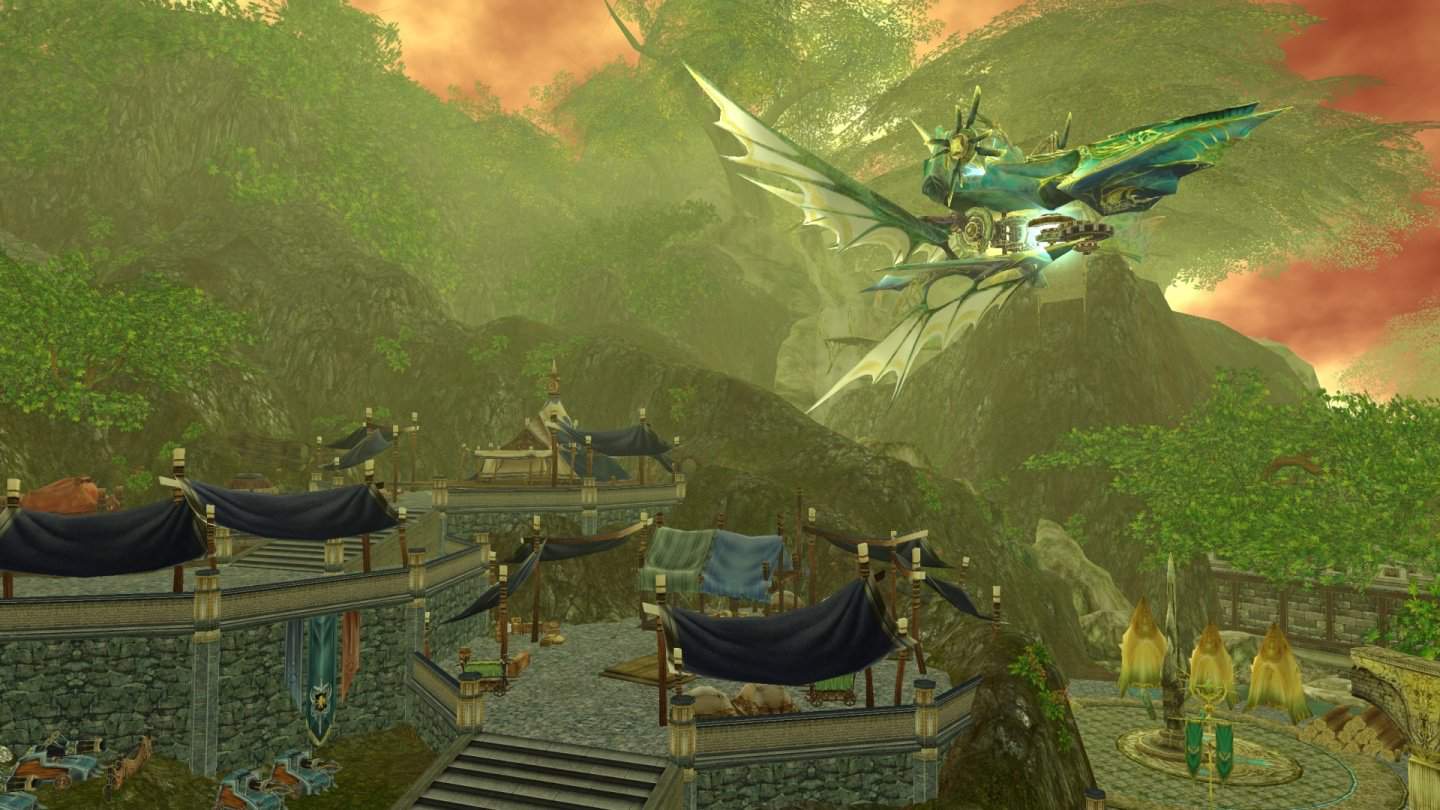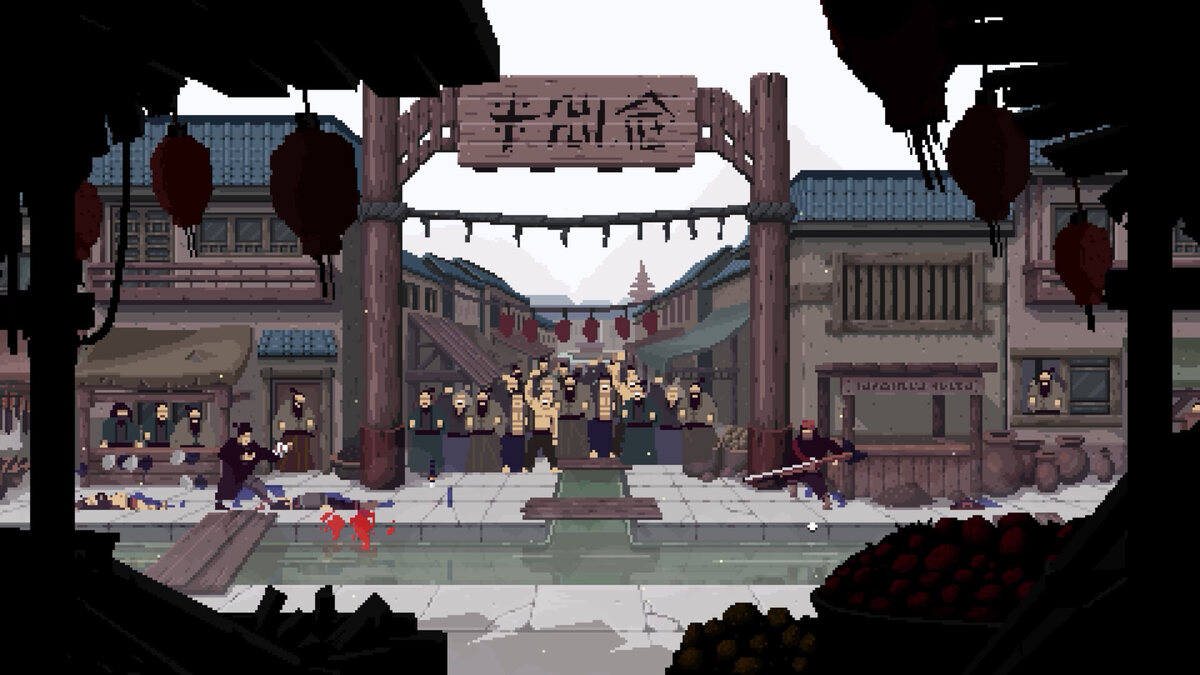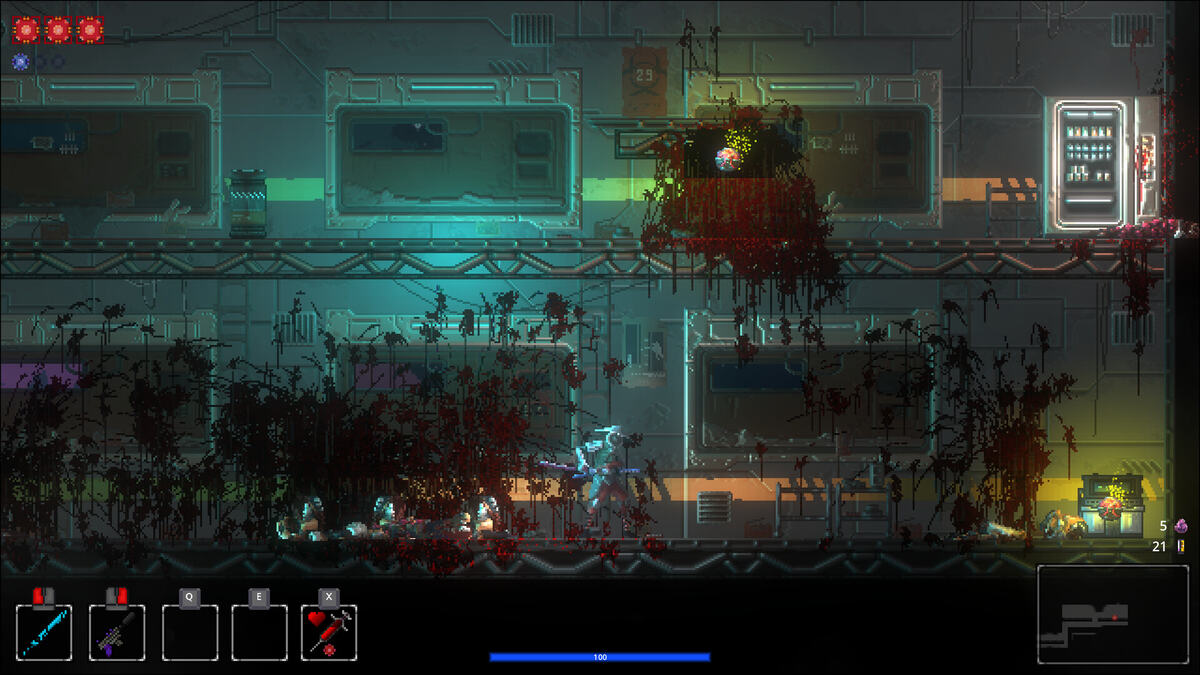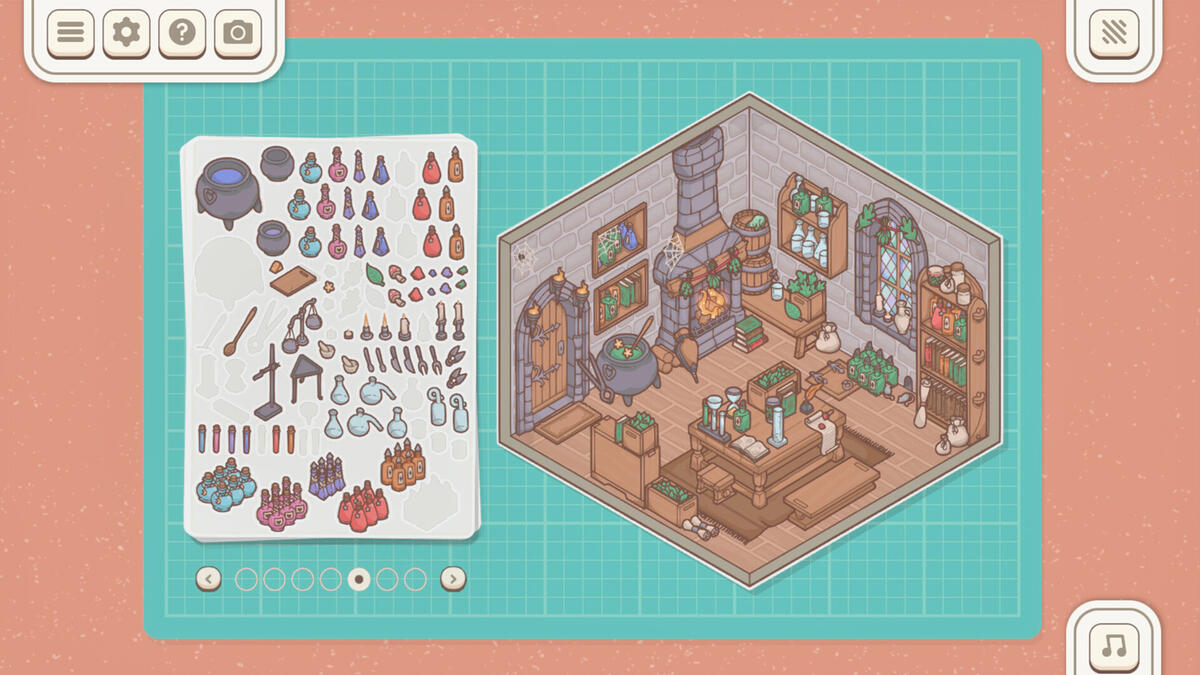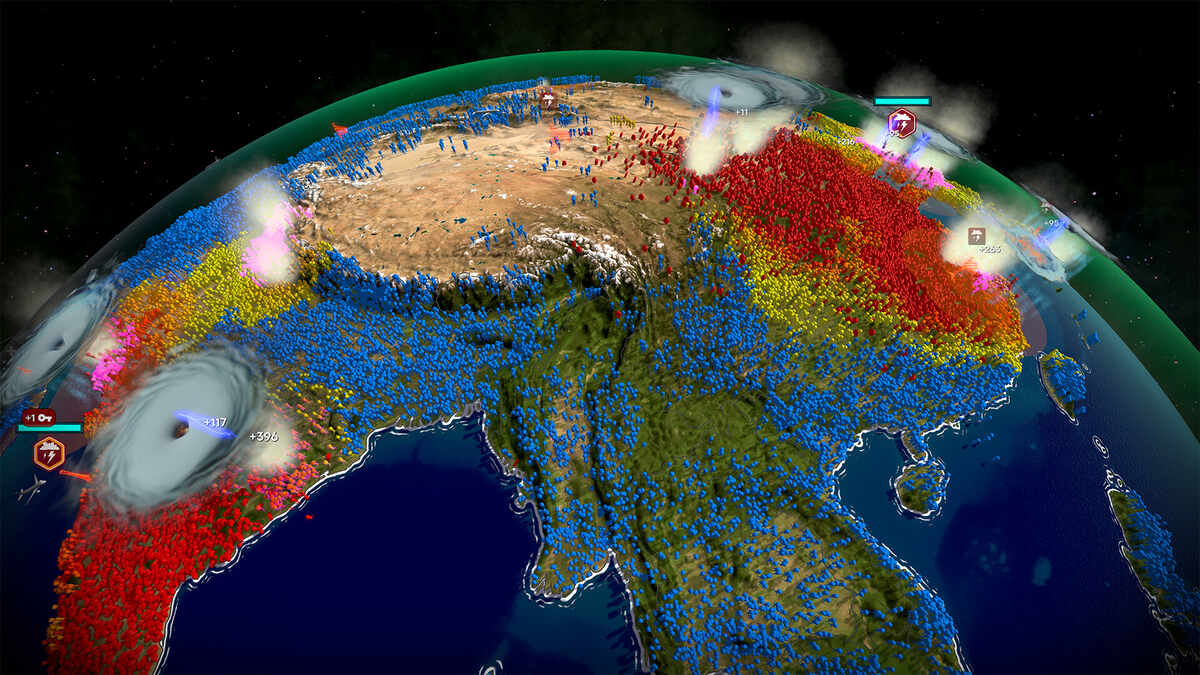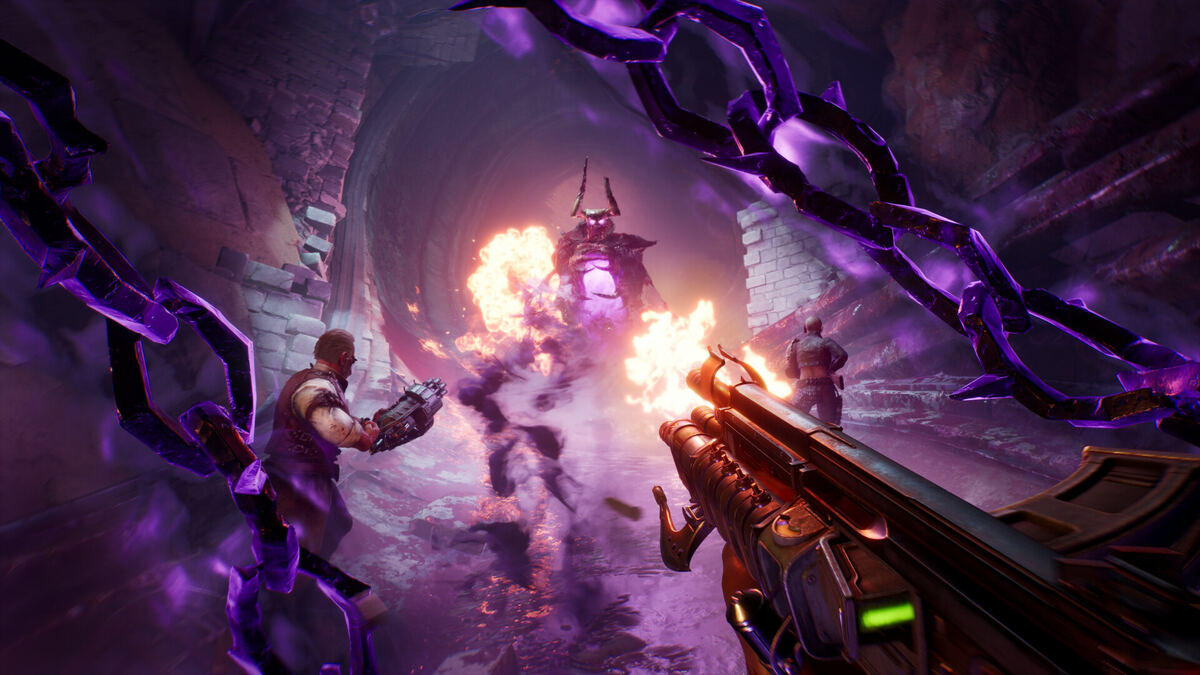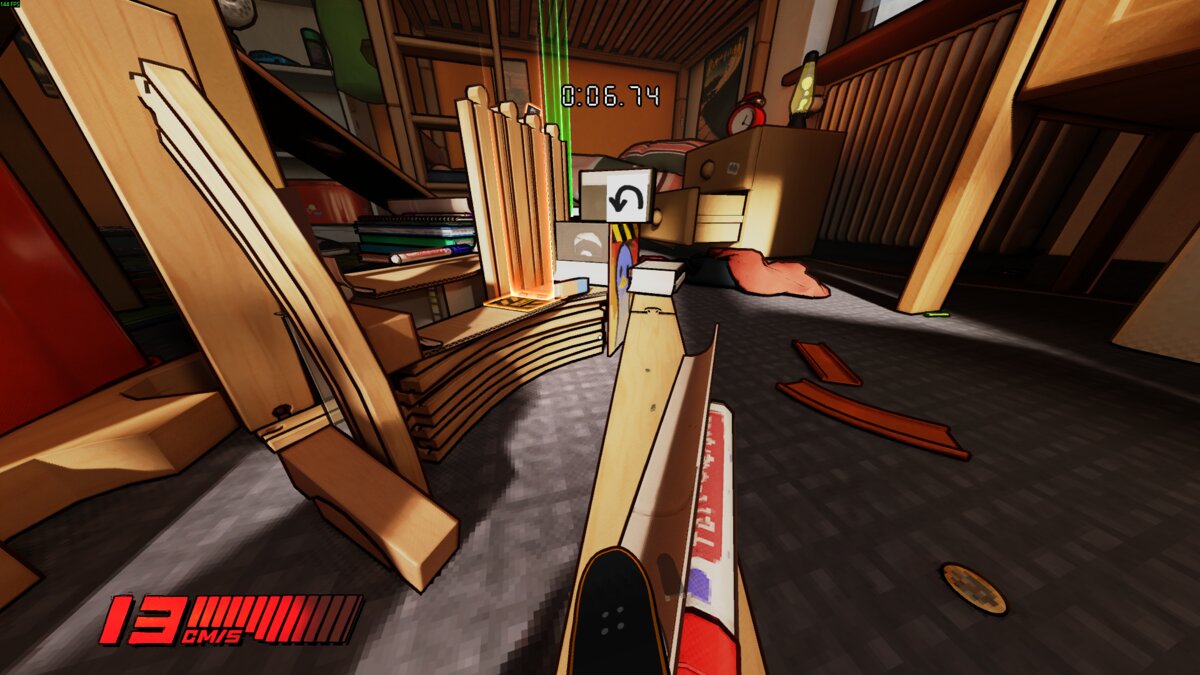You can trust VideoGamer. Our team of gaming experts spend hours testing and reviewing the latest games, to ensure you're reading the most comprehensive guide possible. Rest assured, all imagery and advice is unique and original. Check out how we test and review games here
Times are tough. Money’s tight. The recession’s kicking in, and with every passing day that active MMO subscription starts to look more like an expensive luxury than an essential outgoing. Sound like you? Then Taiwan-based Runewaker Entertainment’s got you covered, because it’s crafted a beautiful free-to-download, stylised, high-fantasy MMORPG that doesn’t require a subscription fee. That’s right. It’s absolutely free.
It’s called Runes of Magic, and it’s currently in open beta, so you can try it for yourself, for free – not that that’s any incentive, since the full game will also be free. Don’t let the whole “free” thing put you off, either. It looks and feels very much like a full price, full fat MMORPG. It’s a lot like World of Warcraft, actually.
It’s got player versus environment servers and player versus player servers. It’s got character creation, with only one human race to choose from – new races may be added with an expansion. It’s got six familiar classes: the warrior, scout, rogue, mage, priest and knight. It’s got starting zones and quest givers with exclamation marks. It’s got instanced dungeons and big bosses. It’s got crafting and gathering skills, blacksmithing, carpentry, armour crafting, tailoring, alchemy, mining, woodcutting and herbalism. It’s even, get this, got a mailbox system and an auction house. The guys at Runewaker have clearly constructed Runes of Magic with World of Warcraft running in the background.
What’s interesting about Runes of Magic is that, despite the fact it’s free and somewhat of a WoW clone, it’s not devoid of innovation. It even includes some features that WoW doesn’t have, and that Blizzard would do well to consider. The dual class system is a great example: At level 10 you’re able to choose a second class. Any combination is possible – a rogue mage, perhaps. Combination-specific elite skills will become available, depending on your pick. Once done you then level the two class’ skills separately, although Runewaker is considering changing this so that a certain percentage of experience points are automatically given to your secondary class skills even when you don’t use them. The ideal situation, though, is to level both so that they improve at roughly the same rate.
Dungeon crawling, the essence of any good MMO, is broken down into three types. There’s open world dungeons which are PvP free for alls, small group instances for six man parties and huge dungeons for 36-man raids. These dungeons look great, at least as good as those in WoW, and huge, with some impressive bosses. The developer even has tile-based randoml- generated dungeons in the works. Wouldn’t that be something?
Guilds have been given special attention. You can declare war on another guild, and guild houses can be put into special instances to facilitate the carnage. The guild housing itself will be special instanced zones accessed from the main capital city, where items, banners and crafting stations can be placed.
There’s a surprising, almost archaic take on death, too. Right now when you die you get an experience point, and talent point (used to level up skills) penalty. Finding your tombstone will reduce that penalty, but not totally eradicate it. This is a deliberate, considered move on Runewaker’s part; it wants to make the game hard. At a time when pandering to the time-starved or “casual” gamer rules the roost, this is as brave a move as it is surprising.
The game’s house system is another interesting feature. It acts as your personal hub, your virtual gaffe, and even comes with a super cute, anime-esque housekeeper, just for the boys. You can password protect it too, preventing other players waltzing in and acting like they own the place.
Runes of Magic’s house system highlights the game’s micro-transaction (what else?) business model. You can decorate your home with furniture, like a marble pot plant (really) and even buy storage for your stuff. Mannequins can be draped in various clothes and clicked on to quickly equip different armour set-ups. Weapons and items can be hung on the wall, and clicked on to switch between primary and secondary classes.
Micro-transactions course through the game’s virtual veins. In-game gold is earned through completing quests, as with traditional RPGs. But with real-world money you’ll be able to buy diamonds, Runes of Magic’s version of MS Points, which are then used to buy specific items. You’ll be able to sell in-game gold for diamonds, too.
Crucially, the kind of items you can buy won’t improve your stats or give you an edge in a straight up PvP battle, but are instead designed to save you time – potions that give you a 50 per cent experience boost, for example, or consumeables like teleports. You can buy a mount outright instead of renting it for an hour or so with in-game gold. And there are runes that help you decrease the chance of crafting failure, pets, costumes, that sort of thing. You don’t need this stuff, but you might want it.
It all amounts to what’s looking like a fun, polished, viable alternative to World of Warcraft. We’re not suggesting it’s going to be better than Blizzard’s behemoth, but it’s certainly cheaper. And when purse strings are this tight, MMORPG fans shouldn’t baulk.
Runes of Magic is currently in open beta, and the client is free to download from the official site. The game proper is scheduled for release on PC late Q1 2009.
Runes of Magic
- Platform(s): PC
- Genre(s): Action, Adventure, Fantasy, Massively Multiplayer, Massively Multiplayer Online, RPG

/https://oimg.videogamer.com/images/0ac7/runes_of_magic_11.jpg)
/https://oimg.videogamer.com/images/e0e9/runes_of_magic_10.jpg)
